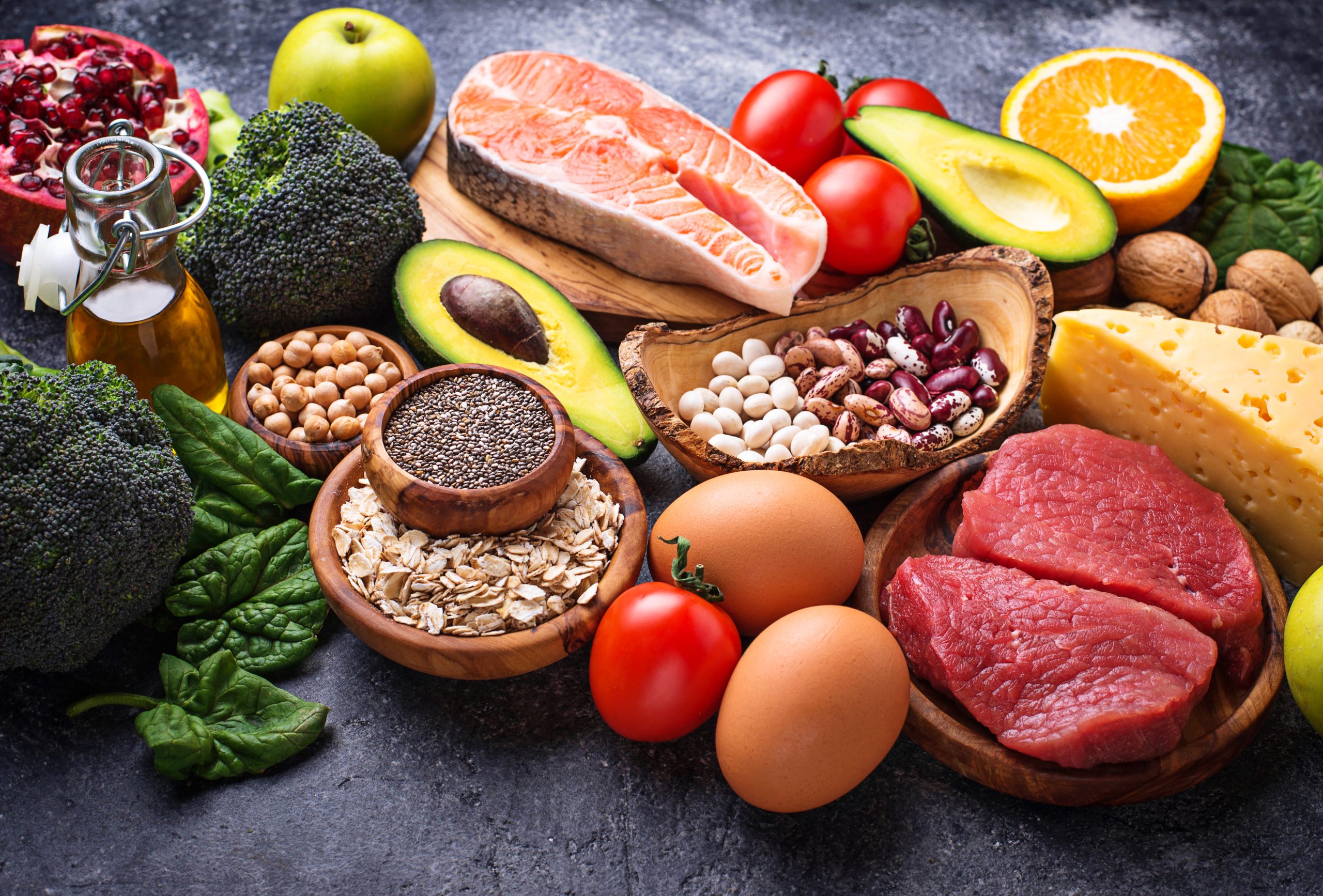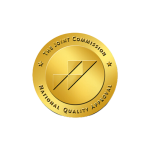What You'll Learn:
- Overview of Nutrition for Addiction Recovery
- Nutrient Rich Foods
- Dietary Considerations for Alcohol Recovery
- General Principles for a Healthy Lifestyle
In your journey toward recovery from addiction, you may have heard countless pieces of advice, but one aspect that often gets overlooked is the role of nutrition. It might not be the first thing that comes to mind, but focusing on your diet can be a game-changer on your path to sobriety.
When we talk about nutrition for addiction recovery, we're not just discussing another diet trend. Instead, we're delving into the science of how the food you consume can profoundly impact your physical and mental well-being during the recovery process. Let's dive into why it's crucial to pay attention to your diet.
The Importance of Diet
Addiction takes a toll on your body, depleting it of essential nutrients. Proper nutrition helps repair the damage caused by substance abuse. It aids in restoring your organs, tissues, and overall physical health. Substances can disrupt the delicate balance of neurotransmitters in your brain, affecting your mood and mental health. The right diet can help stabilize these imbalances and support emotional stability. Recovery is a challenging journey that demands physical and mental strength. Nutrient-rich foods provide the energy needed to tackle each day's challenges and overcome cravings.
Examples of Nutrient-Rich Foods
Protein-Rich Foods
Proteins are the building blocks of life, and they play a crucial role in healing and repairing damaged tissues. To support your body's recovery, make sure to incorporate a variety of protein sources into your diet. Lean meats, such as chicken and turkey, along with fish, provide essential amino acids that aid in tissue repair. Additionally, eggs are an excellent source of protein, offering nutrients that promote healing. If you prefer a plant-based diet, consider incorporating legumes like lentils and beans, as well as nuts, which are rich in protein and provide essential nutrients for recovery.
Complex Carbohydrates
Complex carbohydrates offer a steady source of energy and can help stabilize mood swings, a common challenge during recovery. Opt for whole grains like brown rice and quinoa, as they provide sustained energy throughout the day. Vegetables and fruits are also excellent sources of complex carbohydrates, supplying your body with essential vitamins and minerals that support overall health and well-being.
Essential Fatty Acids
Omega-3 fatty acids, found in foods like fatty fish (salmon, mackerel), flaxseeds, and walnuts, are renowned for their brain-boosting properties. These healthy fats can enhance cognitive function and help improve your mood. Incorporating these sources of essential fatty acids into your diet can support mental clarity and emotional stability during your recovery journey.
Antioxidant-Rich Foods
Substance abuse can lead to oxidative stress, which can damage your body's cells and tissues. To combat this, it's essential to include antioxidant-rich foods in your diet. Fruits such as berries, oranges, and grapes, as well as vegetables like spinach and kale, are packed with antioxidants that can help repair cellular damage and boost your overall health. These foods are an important part of your recovery nutrition plan.
By focusing on a diet that includes these nutrient-rich foods, you can provide your body with the support it needs during drug addiction recovery. Therefore, this becomes a vital sober strategy for success. Remember that small dietary changes can make a significant difference in your journey to a healthier, addiction-free life.
Nutrition for Recovering Alcoholics
If you're on the path to recovery from alcohol addiction, your nutritional needs may differ slightly. Here are some dietary considerations specific to recovering alcoholics.
Alcohol is dehydrating, and it's essential to replenish lost fluids. Drink plenty of water and incorporate hydrating foods like watermelon and cucumber into your meals. Alcohol can deplete B vitamins in your body. Incorporate foods like whole grains, leafy greens, and lean proteins to replenish these vital nutrients. Alcohol can put significant stress on your liver. Support your liver's health with foods like beets, garlic, and turmeric, which have detoxifying properties.
While there's no one-size-fits-all diet for recovering alcoholics or drug addicts, there are general principles that can guide you toward a healthier lifestyle. Focus on a balanced diet that includes a variety of nutrient-rich foods. Emotional ups and downs are a common part of the recovery process. Nutrient-dense foods can help regulate mood swings and reduce anxiety and depression symptoms. Foods rich in magnesium, such as dark leafy greens and nuts, can have a calming effect on your nervous system.
Substance abuse can lead to oxidative stress, which can damage your body's cells and tissues. Antioxidants found in fruits like berries and vegetables like spinach can help combat this stress and promote overall health. Including these foods in your diet can aid in the recovery of your body's vital systems. In addition, you can try yoga as a way of limiting stress and building stamina.
Alcohol places a significant burden on your liver, as it is responsible for metabolizing and detoxifying the substance. Supporting your liver's health is crucial in alcohol recovery. Foods like beets, garlic, and turmeric have detoxifying properties and can aid in the healing process.
American Recovery Utilizes the Power of Nutrition for Addiction Recovery
Remember, every positive change you make in your diet is a step towards a brighter future. If you're ready to embark on the path to recovery, American Recovery is here to support you. Reach out to us today at 866-484-2502 and together, we can take that first step towards a healthier, happier life. You're not alone on this journey, and we're here to guide you every step of the way.


